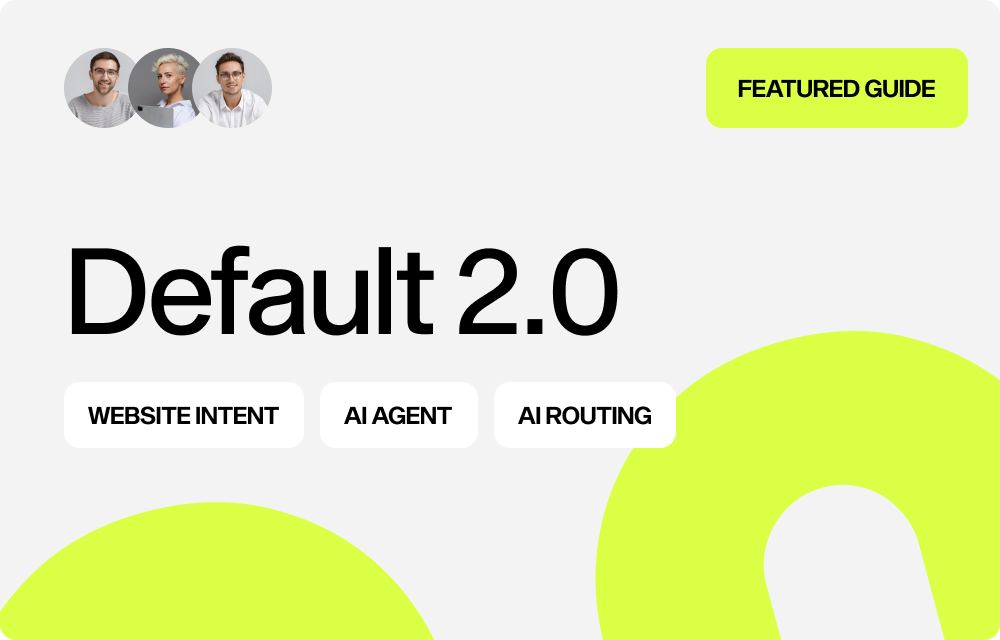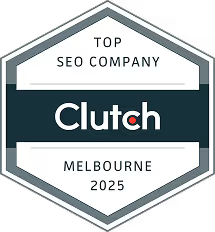Search engine optimization has always been shaped by how search platforms evolve. Just as Google’s algorithm updates forced shifts in content strategy, we are now seeing a major transformation in off-page SEO citations, particularly with the rise of AI-powered search assistants and geo-intelligent ranking systems.
If your business relies on local visibility or brand authority, understanding how citation building is changing is crucial.
What Are Off-Page SEO Citations?
Traditionally, citations are mentions of your business’s Name, Address, and Phone Number (NAP) across the web. They act as digital “trust signals,” helping search engines verify the legitimacy and authority of your business. These could come from:
- Local directories (Yelp, YellowPages, Bing Places)
- Industry-specific directories (Avvo for lawyers, Healthgrades for doctors)
- Data aggregators (Foursquare, Neustar Localeze)
- News sites, blogs, and online mentions
Historically, the more consistent and widespread your citations, the stronger your local SEO presence.
The Shift Toward AI Search & GEO Context
With the rise of AI-driven search platforms like ChatGPT Search, Perplexity, and Google’s Search Generative Experience (SGE), citation value is no longer just about directory listings. AI models pull context from:
- Knowledge graphs and structured data
- Verified business profiles (Google Business Profile, Apple Business Connect, Bing Places)
- Semantic mentions across reputable content
- Location-aware signals (mobile usage, maps integration, local review sentiment)
In other words, AI search is prioritizing structured, context-rich, and geo-relevant citations over raw quantity.
Changing Methods of Collecting Citations
1. Structured Data Markup
Schema.org markup is more critical than ever. By tagging NAP details, reviews, and service offerings, you make it easier for AI systems to “read” and verify your business info directly from your website.
2. Voice Search Citations
With Siri, Alexa, and Google Assistant driving local queries, voice-optimized citations (long-tail, conversational, location-specific phrasing) are becoming vital. Your citations should align with natural spoken queries like “best pizza near Times Square”.
3. Map & Navigation Ecosystems
Google Maps is no longer the only player. Apple Maps, Waze, and in-car assistants (Tesla, Android Auto) all pull citation-style data. Ensuring accurate information across multiple mapping platforms builds stronger GEO trust signals.
4. AI Knowledge Panels & Entity Optimization
AI search relies heavily on entity recognition. Building citations across Wikidata, Crunchbase, LinkedIn, and reputable media sources feeds the knowledge graph, which AI engines reference for credibility.
5. Review-Driven Citations
Mentions in review platforms (Tripadvisor, Trustpilot, G2, industry-specific sites) now count as citation signals because AI models extract sentiment and reliability from them. Positive, consistent reviews can act as powerful off-page citations.
6. Hyperlocal Mentions
Community boards, local blogs, regional news, and neighborhood Facebook groups are increasingly weighted in geo-relevant AI search results. Businesses must secure citations not just from global directories but also hyperlocal digital ecosystems.
Best Practices Moving Forward
- Audit Your Current Citations – Clean up inconsistencies in NAP data across all platforms.
- Embrace AI-Friendly Structuring – Implement schema markup and optimize for knowledge graph inclusion.
- Think Beyond Google – Expand into Apple, Bing, Waze, and data-sharing ecosystems.
- Prioritize Local Authenticity – Secure mentions in real community sources, not just mass directory submissions.
- Encourage Reviews – Treat reviews as a citation-building strategy, not just reputation management.
Final Thoughts
Off-page SEO citations are no longer about “being listed everywhere.” In the era of AI-powered and geo-intelligent search, citations must be accurate, structured, and context-rich. Businesses that adapt to these evolving methods will dominate not only Google but also the expanding universe of AI-driven search platforms.


-min.png)

-min.png)





